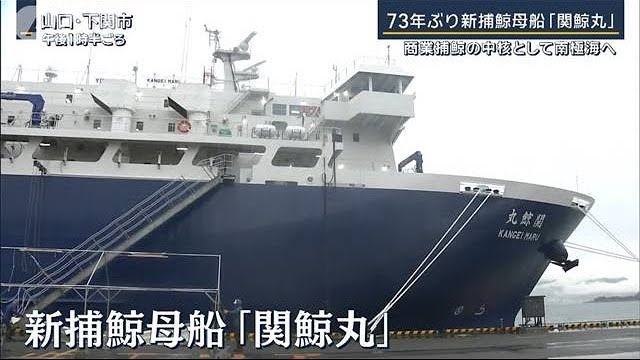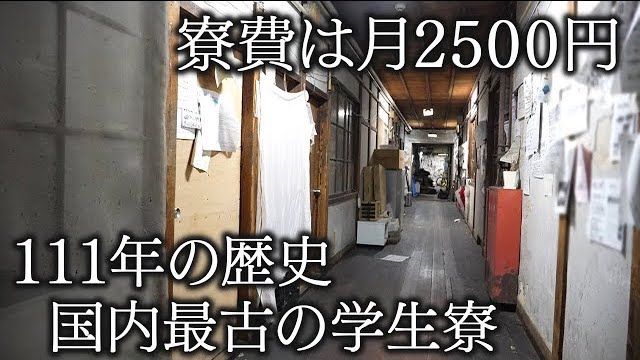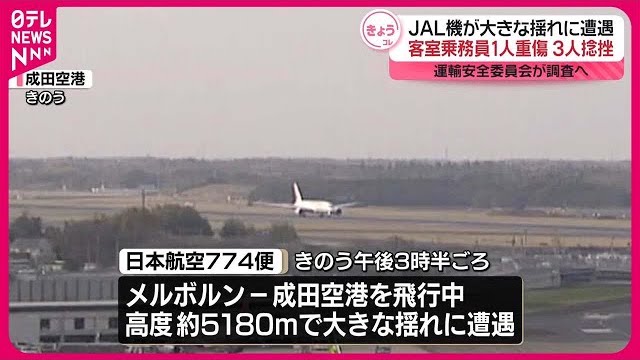Over a career in Japan spanning 21 years, Osaka-based English language teacher Steven Thompson has taken 10 days of paid sick leave across two occasions when he caught the flu.
But from April that basic safety net will no longer be available to him, as Osaka Prefecture is set to abolish paid sick leave for nonregular teachers at local public schools, including English-language teachers. Many are concerned that if they become infected with a disease, such as COVID-19, or appear to have symptoms, they will be expected to stay at home without pay.
According to the Osaka Prefectural Government, the move is aimed at balancing inequalities between different professions, as the special paid leave Thompson and other part-time foreign language teachers have been entitled to wasn't granted to all part-time workers. Teachers who benefited from the system needed a medical certificate with a sick note from the doctor to apply for it. The prefectural government explains that while the change will affect part-time teachers including foreign language teachers, it is not targeted directly at foreign nationals. The teachers will still be able to take sick leave as an unpaid "special leave," according to the prefecture.
Workers can claim their right to compensation based on Article 26 of the Labor Standards Law, which stipulates that if a company tells its workers not to come to work due to reasons stemming from the employer, the company needs to pay at least 60 percent of the worker’s average wage during the period of absence.
Most employers guarantee in work regulations that employees working full time receive 100 percent of earnings. But according to Shinya Ouchi, a professor of law at Kobe University who specializes in labor issues faced by nonregular workers, such workers don’t benefit from such clauses.
The labor ministry even suggests that companies should offer compensation higher than 60 percent of the employee’s earnings “so that employees feel secure†when they take time off.
But that recommendation depends on whether or not the situation employers are dealing with during the pandemic is deemed an "act of God," a term used to describe unforeseen events such as natural disasters.
If there is a natural disaster, companies won’t be obliged to pay the wages stipulated in the law, Ouchi explained, adding that whether workers will be compensated is likely to be determined on a case-by-case basis. It will also depend on what is stipulated in the regulations of individual companies, he said.










